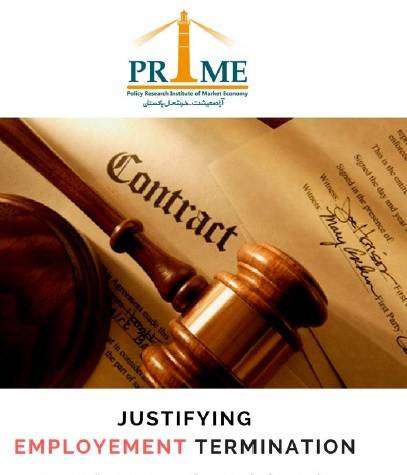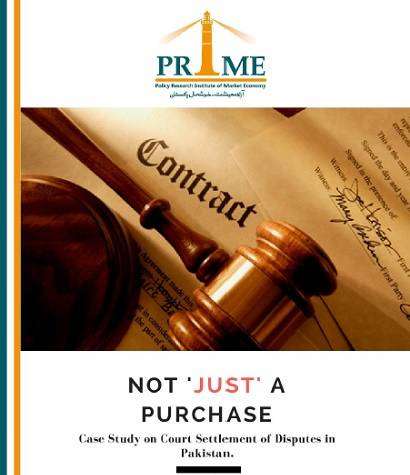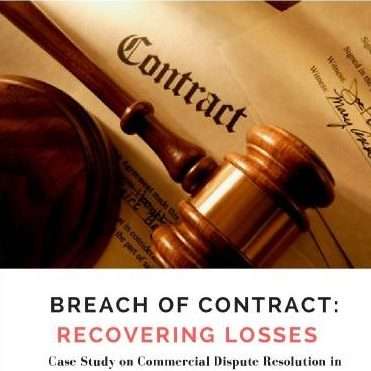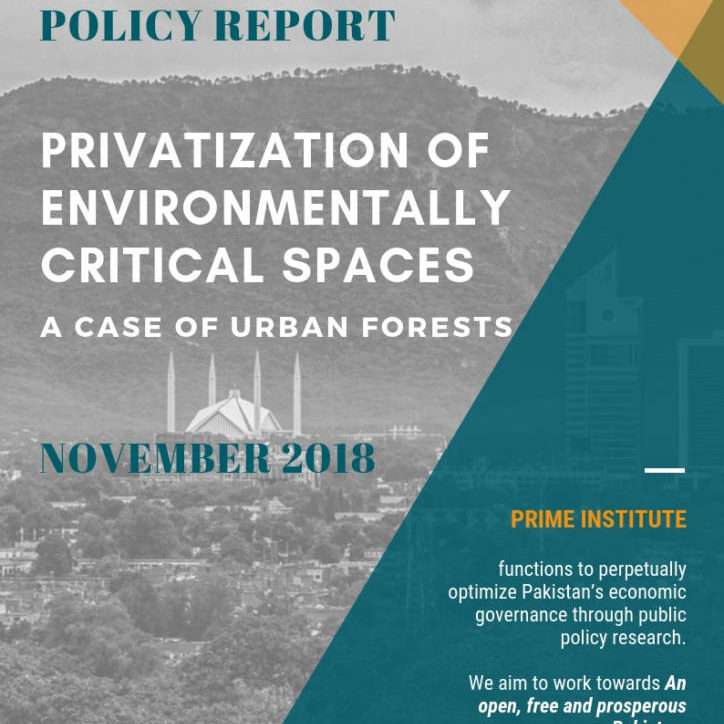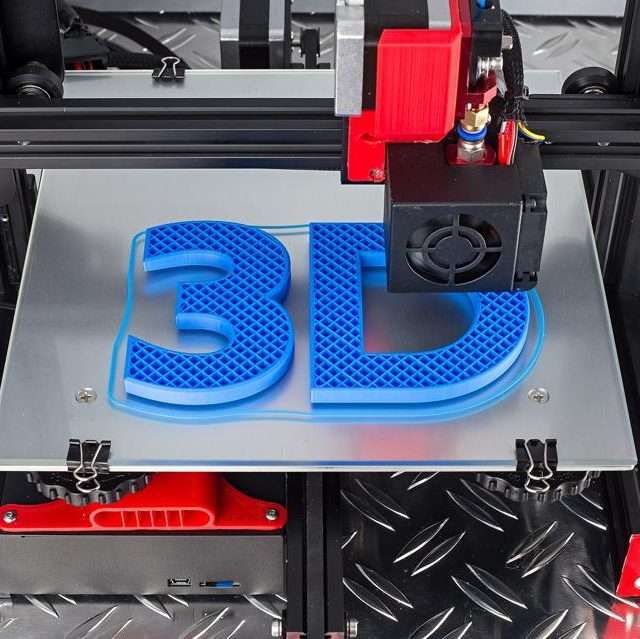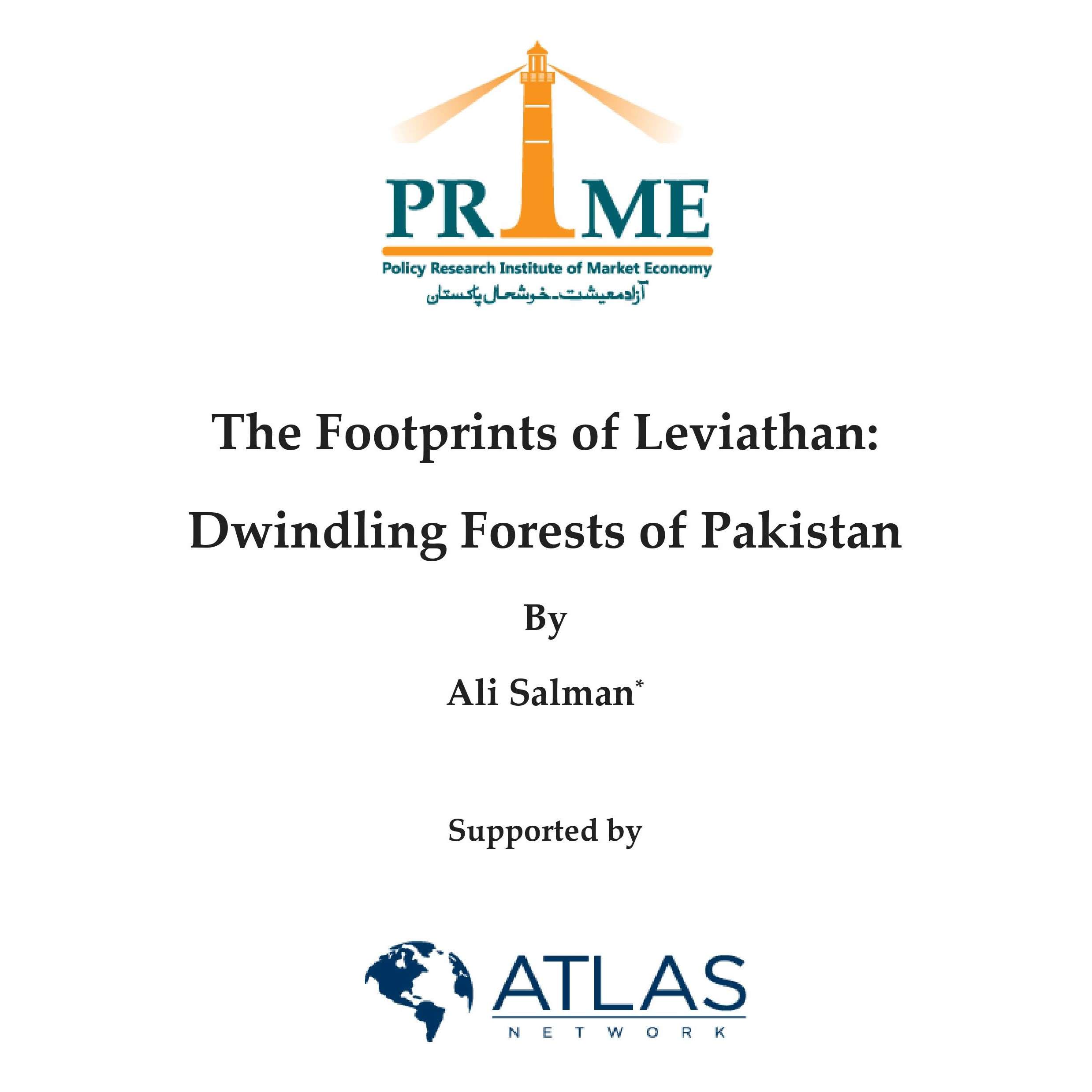Alternative energy in Pakistan (2017)
The Oil & Gas Regulatory Authority (OGRA) of Pakistan has introduced a price ceiling on Liquefied Petroleum Gas (LPG) by capping it at PKR 910 per 11.8 kg domestic cylinder. According to one news item (Express Tribune, 3 March), LPG marketing companies have protested against this intervention and termed it a move that will lead to
shortages, promotion of black market activities, overcharging, and social unrest.



